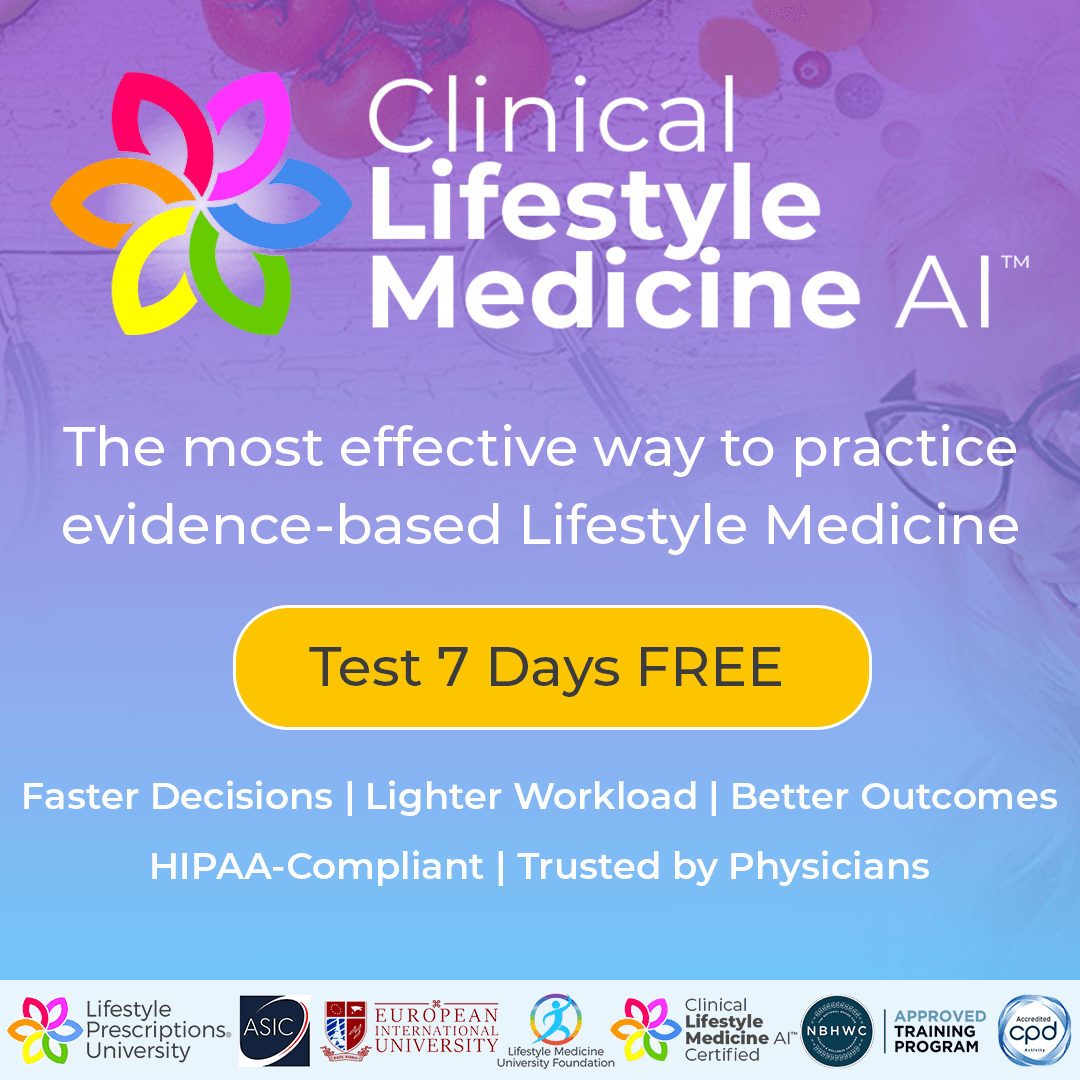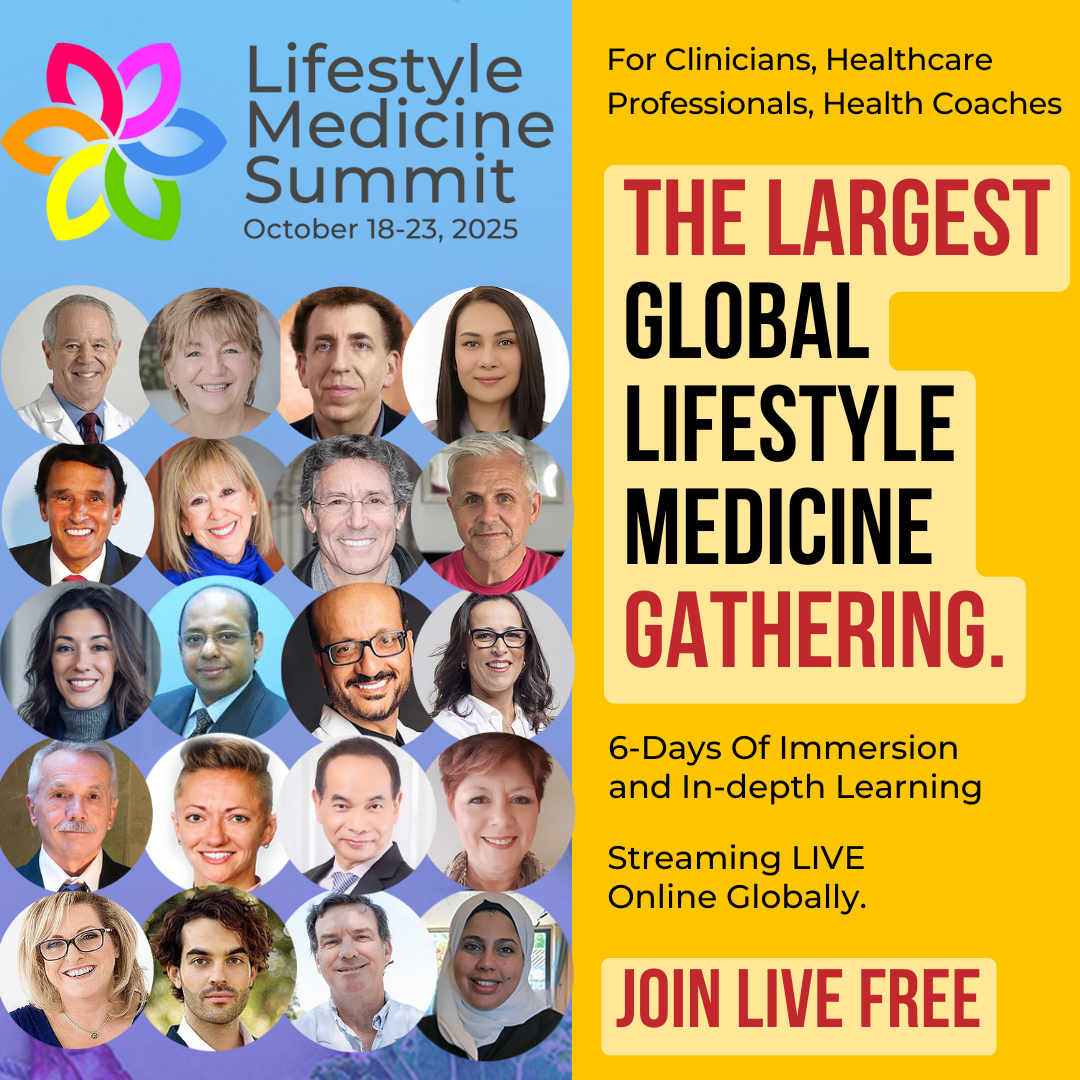Lifestyle Medicine and Mental Health: A Holistic Approach to Emotional Well-being
In today’s fast-paced world, mental health is more important than ever. The pressures of modern life, stress, and external challenges can often feel overwhelming, leading many to seek ways to restore balance and peace of mind. While traditional mental health treatments like therapy and medication are crucial, there is another approach gaining attention—lifestyle medicine. This approach integrates various aspects of lifestyle, such as diet, exercise, sleep, and mindfulness, to promote overall emotional well-being.
Understanding Lifestyle Medicine: A Path to Holistic Health
Lifestyle medicine is an emerging area of healthcare that focuses on the profound impact daily habits and behaviors have on our overall health and well-being. It prioritizes prevention and a holistic approach to health by guiding individuals toward positive lifestyle changes. Rather than merely addressing symptoms, lifestyle medicine seeks to tackle the underlying causes of various health issues, including mental health challenges, promoting long-term wellness and balance.

The Link Between Lifestyle Choices and Mental Health
The connection between mental and physical health is undeniable. Research has shown that our lifestyle choices can significantly impact our emotional well-being. Poor diet, lack of physical activity, inadequate sleep, and chronic stress are all factors that contribute to mental health challenges, such as anxiety, depression, and burnout.
For example, studies have found that diets high in processed foods and sugars are linked to an increased risk of depression. On the other hand, diets rich in nutrients, like fruits, vegetables, and whole grains, can boost brain health and improve mood. Similarly, physical activity releases endorphins—natural mood enhancers—that help alleviate stress and improve overall mental well-being.

Key Components of Lifestyle Medicine for Mental Health
1 Nutrition and Mental HealthWhat we eat has a profound effect on how we feel. Consuming a balanced diet with healthy fats, proteins, vitamins, and minerals can help maintain stable blood sugar levels, support brain function, and regulate mood. Omega-3 fatty acids found in fish, nuts, and seeds, for instance, have been shown to reduce the symptoms of depression and anxiety.
2 Exercise and Stress Relief Physical activity is one of the most effective ways to reduce stress and improve mental clarity. Exercise increases the production of endorphins, which can help combat anxiety and depression. Regular exercise can also improve sleep quality, boost self-esteem, and provide a sense of accomplishment, all contributing to better mental health.
3 Sleep Hygiene Sleep is critical for mental and emotional well-being. Chronic sleep deprivation can lead to mood disorders and hinder cognitive function. Creating a sleep-friendly environment, establishing a bedtime routine, and avoiding stimulants like caffeine can help ensure restful, restorative sleep.
4 Mindfulness and Stress Management Mindfulness practices such as meditation, deep breathing, and yoga can help individuals manage stress, increase self-awareness, and enhance emotional resilience. By practicing mindfulness, we can develop a greater sense of control over our thoughts and emotions, reducing the impact of stress on mental health.
5 Social Connections and Support Strong social ties are essential for maintaining mental health. Engaging with family, friends, and community groups can provide emotional support, reduce feelings of isolation, and offer opportunities for positive interactions. Having a support system also provides individuals with someone to lean on during difficult times.
6 Avoiding Harmful Habits Reducing or eliminating the use of substances like alcohol, tobacco, or recreational drugs can have a profound impact on mental health. These substances can interfere with brain function, contribute to mood swings, and increase the risk of anxiety and depression.
How Lifestyle Medicine Promotes Emotional Well-being
By adopting a holistic approach, lifestyle medicine provides a framework for long-term mental and emotional well-being. It emphasizes the importance of sustainable lifestyle changes, rather than quick fixes or short-term solutions. This approach not only reduces the risk of mental health disorders but also supports recovery for those already experiencing mental health challenges.
For individuals struggling with mental health, lifestyle medicine offers an empowering path to wellness. It encourages individuals to take an active role in their health by making informed decisions about their lifestyle choices. Whether it’s through better nutrition, exercise, sleep, or stress management, each small change can have a meaningful impact on mental health.

Conclusion
Lifestyle medicine offers a comprehensive and holistic approach to mental health, addressing the root causes of emotional well-being while promoting healthier habits. By making thoughtful choices around diet, exercise, sleep, and stress management, individuals can experience improved mental clarity, reduced stress, and enhanced emotional resilience.
Mental health is an integral part of overall well-being, and by adopting a lifestyle medicine approach, we can take proactive steps toward better emotional health. If you're seeking a way to improve your mental well-being, consider incorporating these lifestyle changes into your routine for a more balanced, happier life.
© 2015-2026 Lifestyle Prescriptions® University. The terms Lifestyle Prescriptions®, Organ-Mind-Brain Anatomy™, and Root-Cause Health Coaching™ are worldwide trademarks of the Lifestyle Prescriptions® University and can only be used after completing qualifying training programs. Lifestyle Medicine WORKS™, Lifestyle Medicine Summit, HealthiWealthi™ are trademarks of Lifestyle Medicine University Foundation.
* This website and all LPU training programs are for educational purposes only. No medical diagnosis, therapy, or treatment is provided.










